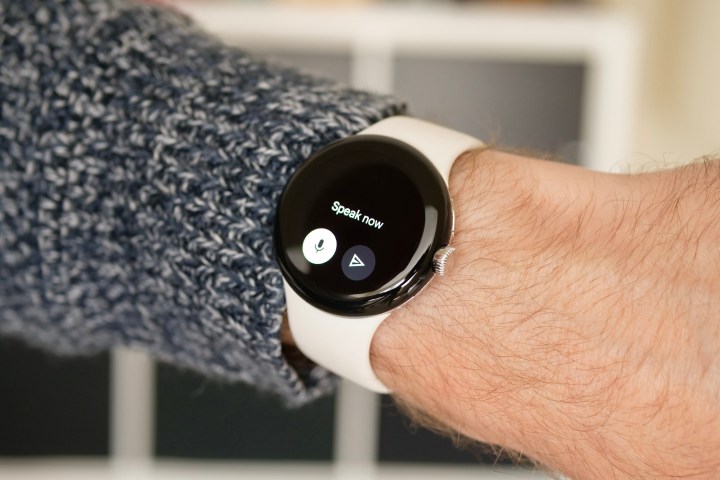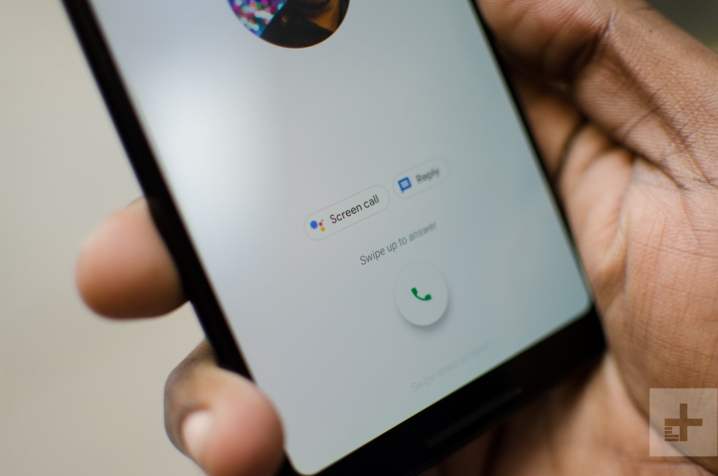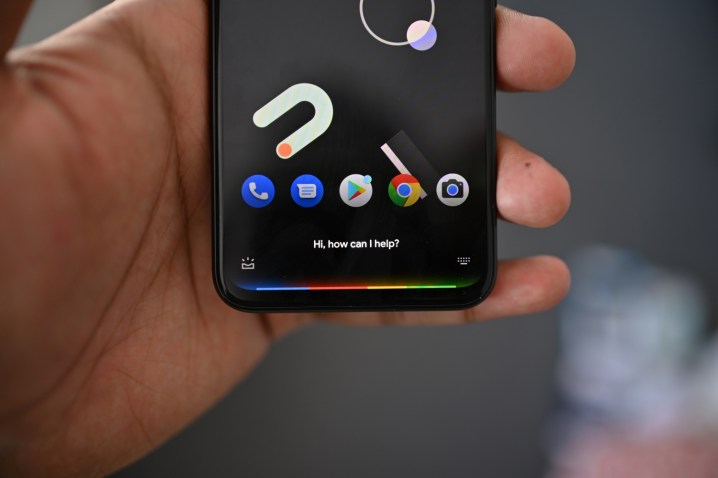The field of artificial intelligence has witnessed significant advancements recently, with ChatGPT and OpenAI grabbing a lot of attention in the past year. Despite being relatively new, ChatGPT is not the only player in the AI landscape. In 2024, Samsung’s Bixby and Google Assistant also stand out as prominent AI platforms, known for their versatility and functionality.
Both Google Assistant and Samsung’s Bixby are compatible with a wide range of Android devices, making them essential for streamlining daily tasks. But which one offers a better user experience? Are they universally compatible across all Android devices, including smartphones and beyond?
To help you make an informed decision on what suits your lifestyle best, here is a detailed comparison between Bixby and Google Assistant.
Bixby vs. Google Assistant: device integration
Google Assistant is extensively available on various Google Nest and Home products, including Android TVs, lights, security cameras, and speakers. It is also compatible with Android Auto, enabling voice commands while driving. Moreover, Google Assistant extends its reach to other brands’ smart devices, making it accessible on Lenovo’s Smart Home System and even on Apple iPhones.
On the other hand, Samsung’s Bixby is confined to Samsung devices like the Galaxy S23 Ultra. Its device control is limited to the SmartThings app, offering more restricted native support. While this setup may be suitable for long-time Samsung users looking to upgrade to newer devices, Google Assistant’s broader compatibility across various devices makes it a preferable choice for seamless integration among different Android users.
The clear winner in device integration is Google Assistant, given its extensive availability and cross-device functionality.
Winner: Google Assistant
Bixby vs. Google Assistant: performance and accessibility

Both assistants support hotword activation, with Google Assistant responding to “OK Google” or “Hey Google” and Bixby triggering with “Hey Bixby.” Additionally, both assistants offer alternative activation methods, such as using the power button or setting custom shortcuts. While Bixby excels in phone-related tasks, Google Assistant stands out for its vast functionality and seamless integration with third-party apps like WhatsApp.
Google Assistant’s superior search capabilities and overall responsiveness give it an edge in performance and accessibility, making it the preferred choice.
Winner: Google Assistant
Bixby vs. Google Assistant: features

Both Bixby and Google Assistant offer an array of features, with Bixby encompassing Bixby Voice, Bixby Vision, and Modes & Routines categories. Google Assistant provides similar features under Google Lens and Assistant Routines, along with advanced functionalities like call screening and voice message transcription.
While Bixby’s capabilities are commendable, Google Assistant’s extensive feature set and utilization surpass that of Bixby, making it the preferred choice.
Winner: Google Assistant
Bixby vs. Google Assistant: supported languages

Google Assistant supports over 40 languages and allows bilingual setup, catering to diverse language needs. While Bixby supports nine languages and offers bilingual mode, Google Assistant’s extensive language support gives it a significant advantage.
With broader language support, Google Assistant emerges as the clear winner in this category.
Winner: Google Assistant
Final winner: Google Assistant

While both Google Assistant and Bixby offer unique strengths, Google Assistant emerges as the overall winner due to its broad compatibility, extensive feature set, wide language support, and superior performance.
For users interested in exploring both services, utilizing them together is a viable option. Ultimately, the choice between Google Assistant and Bixby should be based on individual preferences and usage habits, with Google Assistant being our recommended preference.


